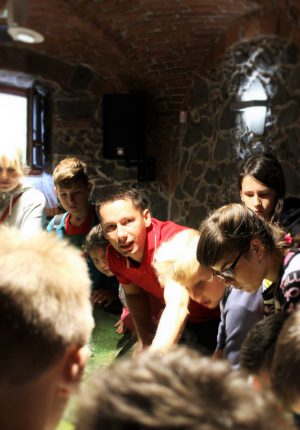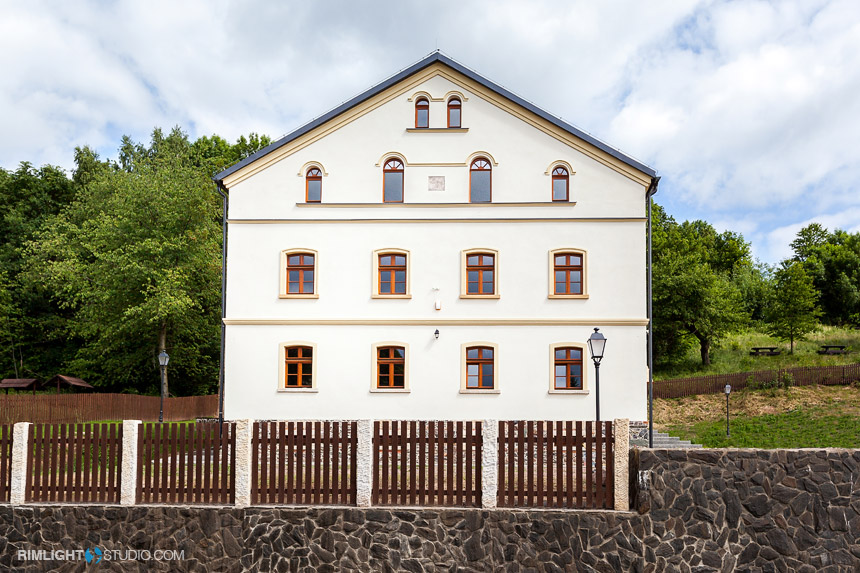Sudetic Educational Centre

Our mission is environmental and scientific education on the highest level. We are focused on popularization of Earth Sciences among all our visitors, from children to adults. We work in the region of Kaczawskie Mountains and Foothils, known as the Land of Extinct Volcanos, which is the best place in Poland for learning about volcanic past of the Earth.
The Sudetic Educational Centre is a place where knowledge and skills are shared in an interactive, dynamic way, on the basis of interactive models, digital visualizations and laboratory experiments. Kaczawskie Mountains and Foothills is a region with a very interesting and complex geological structure. This is the one of most interesting part of Poland from the geological and geotouristic point of view. Here You can find rocks older than 500 millon years, remainings of three episodes of volcanic activity or evidences for sea transgression and regression. So where, if not in the Land of Extinct Volcanoes, will children and adults learn the history of the Earth, minerals and geological processes ? That’s why Sudectic Educational Centre was founded in the centre of Kaczawskie Mountains and Foothils region, in the village called Dobków.
A place created with passion by the local citizens
Sudetic Educational Centre was created by the Kaczawskie Association with the support of European Union and Lower Silesia Voivodship Fund for Environmental Protection and Water Management in Wrocław
Jest jednym z dwóch ośrodków edukacyjnych na Dolnym Śląsku prowadzonym przez organizacje pozarządowe.
The Kaczawskie Association is a non-government organization from the region of Kaczawskie Mountains and Foothills, known as the Land of Extinct Volcanos. The association has been conducting since 2004 many projects involving cooperation between private, public and social sector and residents for the sustainable development. Many activities is dedicated to promotion or the region, activation of local communities, as well as, ecological and cultural education.
Individual projects are implemented thanks to the support of European and national funds, membership fees, funds transferred by donors and donations from 1% tax.


